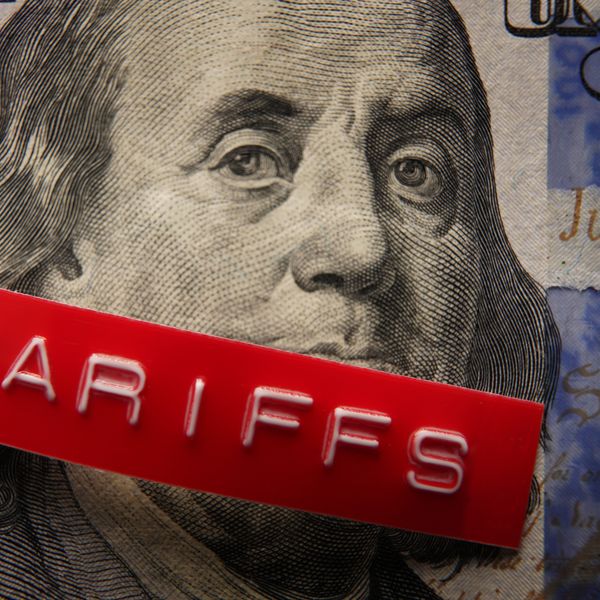The Fraud Investigation
The process of completing a full fraud investigation could fill a book, but there are a few generalities that apply to most investigations. The purpose of a fraud investigation is to gather evidence of a fraud, if any. Even in light of the fraud allegations, an investigator should be objective in her or his work, attempting to determine whether or not there is actually evidence of a fraud.
Evidence of embezzlement or other types of corporate fraud goes beyond documentation such as paper, computer files, or other written sources. It also includes testimony received from interviews and interrogations, physical evidence like fingerprints and stolen objects, personal observations of the fraud investigators, and information collected via surveillance and covert operations.
The heart of the fraud investigation will be document examination, including both the paper documents and digital evidence. The digital component of investigations keeps growing as technology and business evolve at a rapid pace.
The investigation will center on the examination of many details, often including examination of bank statements, canceled checks, vendor invoices, accounting system reports, purchasing and inventory records, payroll records, internal and external emails, and a variety of other documents. The scope of the investigation will play a large part in the amount and type of documentation examined.
In addition to a detailed examination of books and records, fraud investigators and forensic accountants may also look at other indirectly relevant documentation. This might include prior audit and investigation files, which can give insight into the operations of the company and prior fraud situations.
Personnel records for alleged perpetrators can offer helpful background information and may give hints about additional items that should be investigated. Security logs detailing building access and entry into secured areas might provide useful information. Finally, computer access records, detailing which employees accessed certain records at what time, can be another important piece of the puzzle.
The fraud investigation process should not be left to amateurs. There is often only has one chance to get an investigation right. A fraud investigation can’t be redone when evidence is compromised or destroyed. Competent professionals are critical to efficiently completing an investigation so that management and employees can get back to the business of doing business.
Tracy L. Coenen, CPA, MBA, CFE performs performs fraud examinations and financial investigations for her company Sequence Inc. Forensic Accounting, and is the author of Essentials of Corporate Fraud.



